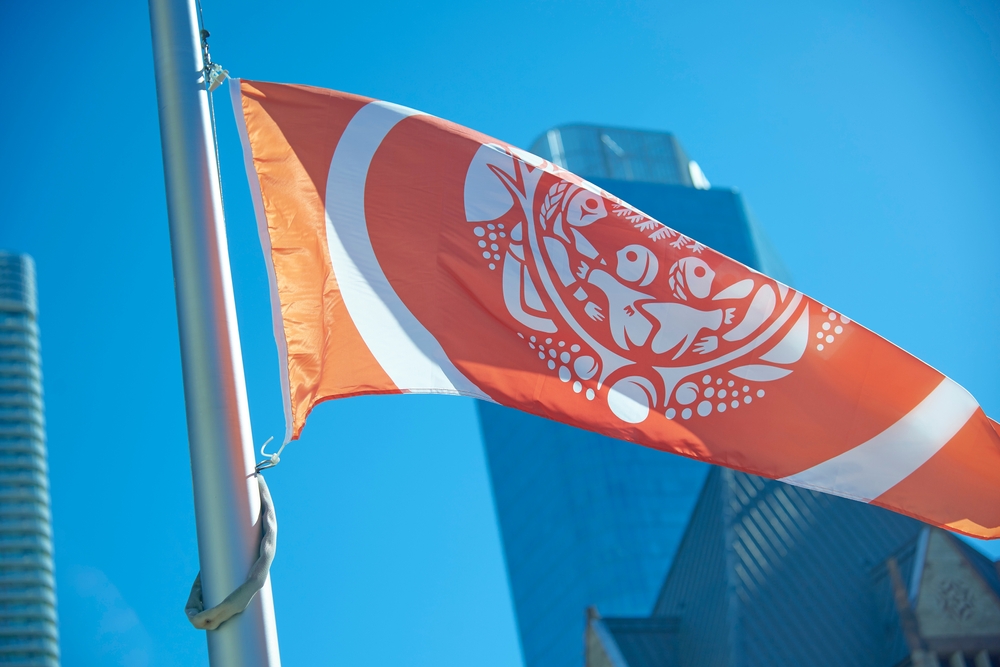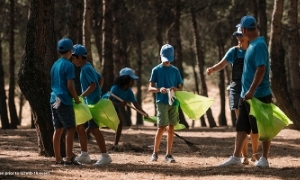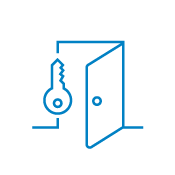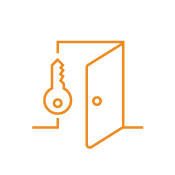National Day for Truth and Reconciliation is September 30

On September 30, Canadians will recognize the fourth annual National Day for Truth & Reconciliation (NDTR) to honour the children who never returned home and Survivors of residential schools, as well as their families and communities.
September 30 is also Orange Shirt Day, a day when Canadians wear orange to recognize the ongoing intergenerational effects of residential schools and to acknowledge that "Every Child Matters."
All Western locations will be closed on Monday, September 30, in observance of this important day. We encourage everyone to wear orange on Friday, September 27, and share your photos and stories.
Public commemoration of the tragic and painful history and ongoing impacts of residential schools is a vital component of the reconciliation process. It is a time for reflection, learning, and taking action. Our Social Impact team and the Indigenous Employees Network & Allies Employee Resource Group (ERG) have collected the following list of resources that may help you understand the importance of this day. Your own journey of learning and reflection is unique.
ERG Member Spotlight - Cheska Ronquillo
Q. What does National Day for Truth and Reconciliation mean to you?
National Day for Truth and Reconciliation is a solemn occasion dedicated to remembering the generations of Indigenous peoples harmed by residential schools. The full extent of the lives lost remains unknown, highlighting the ongoing impact of this dark chapter in history.
Acknowledging this painful reality is crucial to preventing similar injustices in the future. Injustice does not have an expiration date; it is a responsibility for us to learn from and teach these lessons to future generations. My hope is that with time and combined genuine effort, we can work towards providing support and healing.
Q. Why is being a member of the Indigenous Employees Network & Allies ERGs important to you?
In my engineering career, I had the privilege of working closely with and learning from Indigenous communities. I was deeply impressed by their traditional land uses and their genuine commitment to being stewards of the land—using resources thoughtfully and only as needed for survival. This perspective has profoundly influenced my dedication to focusing my career in sustainability.
The Indigenous Employees Network & Allies ERG further fuels my curiosity about Indigenous culture. It provides me with opportunities to deepen my understanding and become more open to learning about these important issues.
Q: The Truth and Reconciliation Commission of Canada identifies workplace education as one of the tangible solutions toward reconciliation in Canada. What kind of workplace education have you engaged in?
My education has mainly been through attending Canadian Centre for Diversity and Inclusion (CCDI) webinars and attending online webinars including those hosted by Western. I'm enrolling in the University of Alberta's Indigenous Canada on-demand, virtual learning program to further my personal development on the subject.
Q. How can people show support to Indigenous communities on National Day for Truth and Reconciliation and every day?
For National Truth and Reconciliation Day, you can participate by wearing an Orange Shirt and dedicating time to attend an informative webinar, speaker panel, or in-person event.
As an ongoing practice, I encourage everyone to be mindful of unconscious biases, challenge ourselves to understand the connections between past and present before passing judgment, and adopt a mindset of continuous learning about these issues. I also invite you to explore opportunities to directly and positively support Indigenous communities and businesses.
_______________________________________________________________________
ERG Member Spotlight - Loredana Carcasole
Q. What does National Day for Truth and Reconciliation mean to you?
For me, the National Day for Truth and Reconciliation is a heartfelt time for reflection. It's a moment to remember and truly listen to the stories of those who endured so much. It's about understanding and learning and finding ways to be a compassionate advocate for the victims and their families.
Q. Why is being a member of the Indigenous Employees Network & Allies ERGs important to you?
It's important to me because I've learned so much about Indigenous communities, and I feel embarrassed about how lacking my education was in this area. Even though I studied Canadian History in university, I never learned about the true experiences of our Indigenous communities. When the stories about residential schools began to emerge, I felt blindsided. I knew there were dark chapters in our history, but I never imagined we were responsible for taking children from their families, causing their deaths, and inflicting so much trauma.
It's also about understanding what's happening today, such as the disappearance and deaths of Indigenous women, and figuring out how we can do more to change these ongoing issues.
Q: The Truth and Reconciliation Commission of Canada identifies workplace education as one of the tangible solutions toward reconciliation in Canada. What kind of workplace education have you engaged in?
I have completed 'An Introduction to Understanding Indigenous Perspectives in Canada.' It is a training program developed in partnership with the First Nations University. The training is very impactful.
Q. How can people show support to Indigenous communities on National Day for Truth and Reconciliation and every day?
We can wear our Orange Shirts to show our support and take the time to talk with our families and friends about the significance of the day. It's crucial to emphasize the importance of being educated and aware of these issues.








